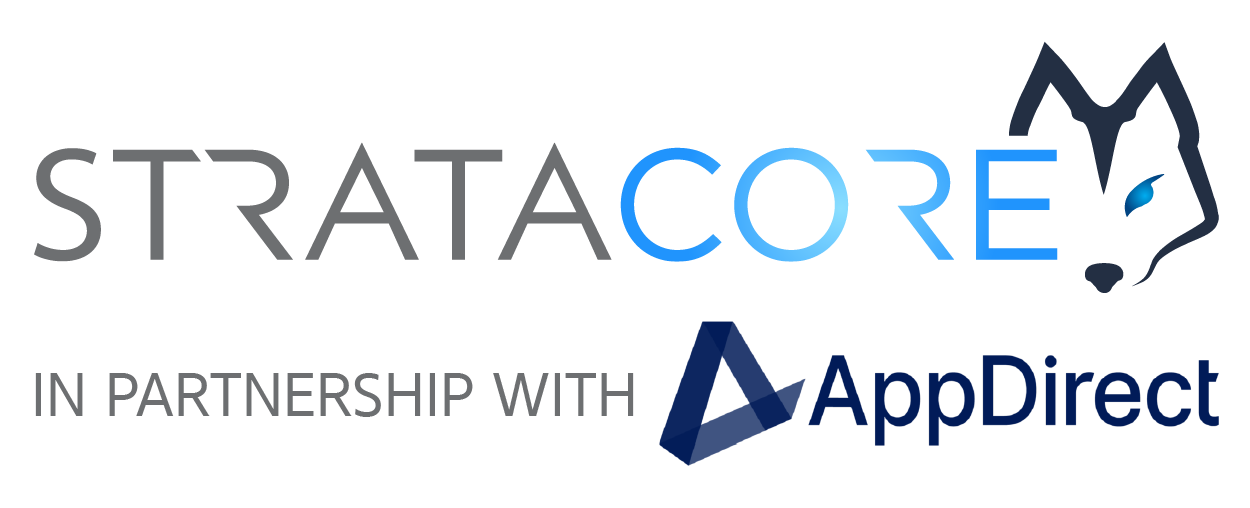You’ve probably seen many articles about the future of blockchain technology and how it’s going to change the Internet. That’s great for the Internet, but how are companies determining if this technology would help improve their business processes?
Here are a few questions to take into consideration:
- Does this problem need to be solved on a blockchain? Could it be solved another way, such as with a shared database? Before you go down a rabbit hole, talk to a blockchain expert to determine if your use case would be a good fit.
- What criteria/capabilities are you looking for in a blockchain? There are many different distributed ledger technologies out there. Each blockchain offers different capabilities, thus some being better for specific use cases. Ethereum-based blockchains differentiate themselves with sophisticated smart contract functionality. Dash or Litecoin (payment-focused blockchains) are a better fit for daily transactions due to faster payment times and much lower transaction fees.
- Do you have to commit to one blockchain? No, you can use both private and public blockchains. A hybrid approach may be best if you have multiple processes you are solving for. Also, a hybrid approach lets you scale as your business needs change.
For more information on developing a viable strategy, here is a short clip from our recent blockchain panel with experts speaking to how businesses determine if blockchain is a technology that could help them improve particular processes. Want more info on blockchain use cases? Watch the entire panel conversation here.
Looking to get more information on blockchain use cases? Contact us here to speak with an expert.
Register here for the Blockchain Seattle conference to learn everything you need to know about the technology on September 10th-11th at the Hyatt Regency in Bellevue, WA. Our VP of Cloud & Security, Ed Kimm, will be speaking about permissioned vs. public chains.




